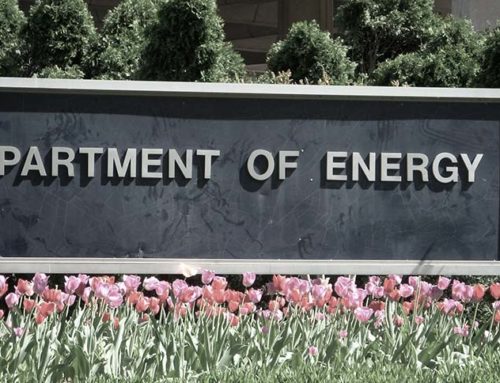The House of Representatives drove home a $447 billion omnibus spending bill yesterday loaded with six of the seven appropriations bills that have languished on the Hill for months. While the big kahuna—the defense appropriations bill—still waits in the wings, the new bill contains a hefty amount of national security spending.
The lion’s share of this new spending goes to military construction and veterans’ affairs. The Department of Veterans Affairs gets $109 billion, $15 billion more than last year and the largest amount ever for the agency. Military construction receives $24.7 billion. These two accounts also include 182 earmarks worth $1.1 billion, though some of the biggest Congressional additions aren’t disclosed as earmarks. For example, lawmakers added $30 million to establish additional veteran outpatient clinics in rural areas, but required a report on the “feasibility of and/or plans for” clinics in Chattanooga, Tennessee and Hinesville, Georgia—located in the districts of House MilCon/VA Appropriations Subcommittee Ranking Member Zach Wamp and subcommittee majority member Sanford Bishop, respectively.
The bill also included $1.4 billion for construction in Afghanistan. Afghanistan isn’t the only country benefiting from the omnibus bill, however. Though the bill’s report language doesn’t include the Senate’s complaint about the Defense Department lowballing global basing costs, it does contain a $43 million presidential earmark to beef up the Air Force base at Palanquero, Colombia, under a deal the Pentagon inked in October to support the Colombian army’s war against drug traffickers. The report specifies $3 million was cut from the request to make clear that the funding “is not intended to establish a U.S. base or a permanent U.S. military presence in Colombia.” Makes you wonder what kind of permanence that extra $3 mil would have bought (an entertainment complex and sports bar, perhaps?).
More overseas dollars can be found in the $48.7 billion State Department/Foreign Operations portion of the omnibus. The bill trimmed money from initiatives such as the reserve component of the new Civilian Response Corps, but added $50 million in “flexible funding” that will allow the Administration to “prevent and respond quickly to emerging or unforeseen complex crises.” Lawmakers once again exercised their semantic prerogative by claiming the State/ForOps legislation was free of earmarks. This is because they don’t count the “soft” earmarks that riddle the bill, such as the dozens of proposals for projects ranging from lead-free ceramics in Mexico to Special Olympics programs in developing countries. Lawmakers clearly want to give their pet projects a helping hand by putting them in writing.
For more information, contact Laura Peterson, laura[at]taxpayer.net










